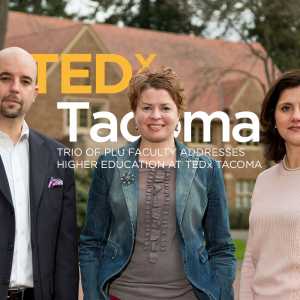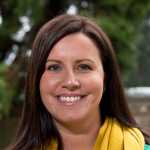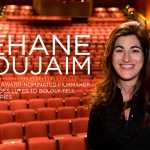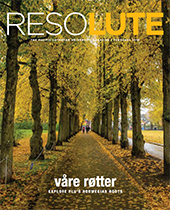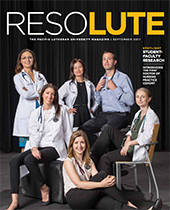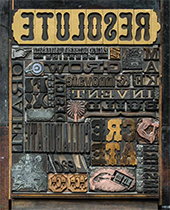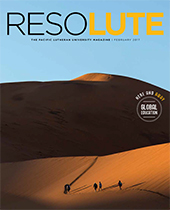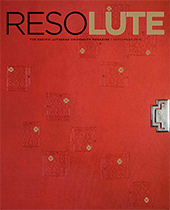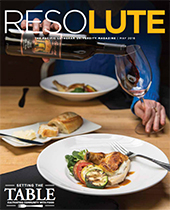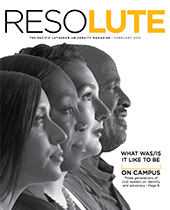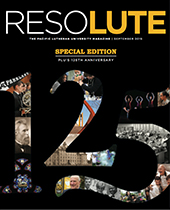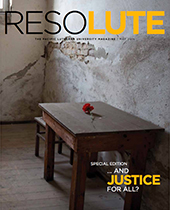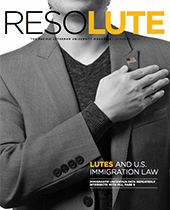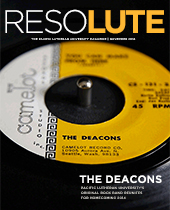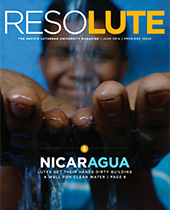A Personal Presentation Inspired by PBS—and a Family’s Narrative
Emily Davidson, Assistant Professor of Hispanic Studies, presented at the prestigious 2014 Race & Pedagogy National Conference in Tacoma Sept. 25-27, among more than 2,000 local, regional, national and international participants (including a large contingent from Pacific Lutheran University). Chaired by Jenny M. James, PLU Assistant Professor of English, and including Michael Benveniste, Assistant Professor of English at the University of Puget Sound, the panel in which Davidson participated reconsidered the legacy of civil rights in the university literature classroom.While the theme of the conference, which addresses issues of race and its impact on education, was “What NOW is the Work of Education and Justice? Mapping a New Critical Conscience,” Davidson drew on a very personal experience for her presentation, “We are Here to Participate: The Latino Civil Rights Narrative-in-the-Making in Latino Americans: The 500-Year Legacy That Shaped a Nation.”
“I became interested in presenting on this topic during a U.S. Latino/a Literatures seminar that I taught last spring,” Davidson said. “I was really moved when I watched the groundbreaking 2013 PBS documentary series Latino Americans: The 500-Year Legacy That Shaped a Nation (which attempts to historicize the Latino experience in the United States from the 1500s to the present). In fact, my family gathered to watch the first episode together. As a second-generation Latina in the U.S., I felt very emotional watching our history finally represented in this way—on mainstream television!—but I was troubled by some of the assimilationist narrative tendencies in the series.
When the series became available online last spring, Davidson decided to incorporate it into her class.
“Many of my students had never learned anything about U.S. Latino/Chicano history, so they depended heavily on the documentary series to provide them with a historical context to better understand the literatures that we studied in our class,” Davidson said. “My challenge was to find ways to remind the students that the documentary series was not simply ‘background information,’ but rather another narrative meriting our critical attention.”
Davidson shaped her conference presentation, then, to highlight the importance of the PBS project while at the same time advocating for critical examination of its Latino civil-rights narrative-in-the-making.
“I argue that the pedagogical value of the series lies not only in the breadth and depth of the history that it presents, but also in equipping students with critical tools for recognizing its narrative silences and omissions,” Davidson said. “By situating my critical reading of the documentary narrative within the context of its reception and utility in the university classroom, I considered how nostalgia, aura and the formulaic structures of official civil-rights narratives can disable critical powers of observation.
“Ultimately at stake is the urgent task of constructing a Latino civil-rights narrative that is inclusive, self-critical and wary of nostalgic renderings of the past.”


